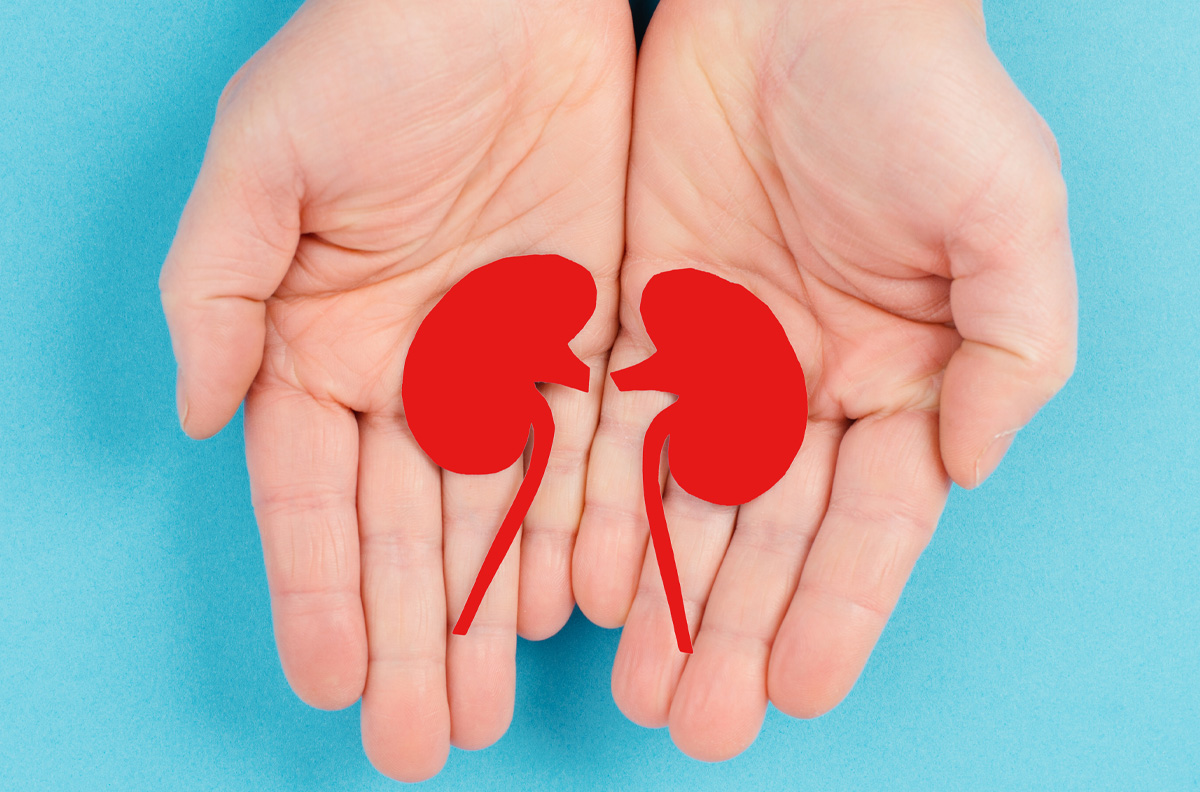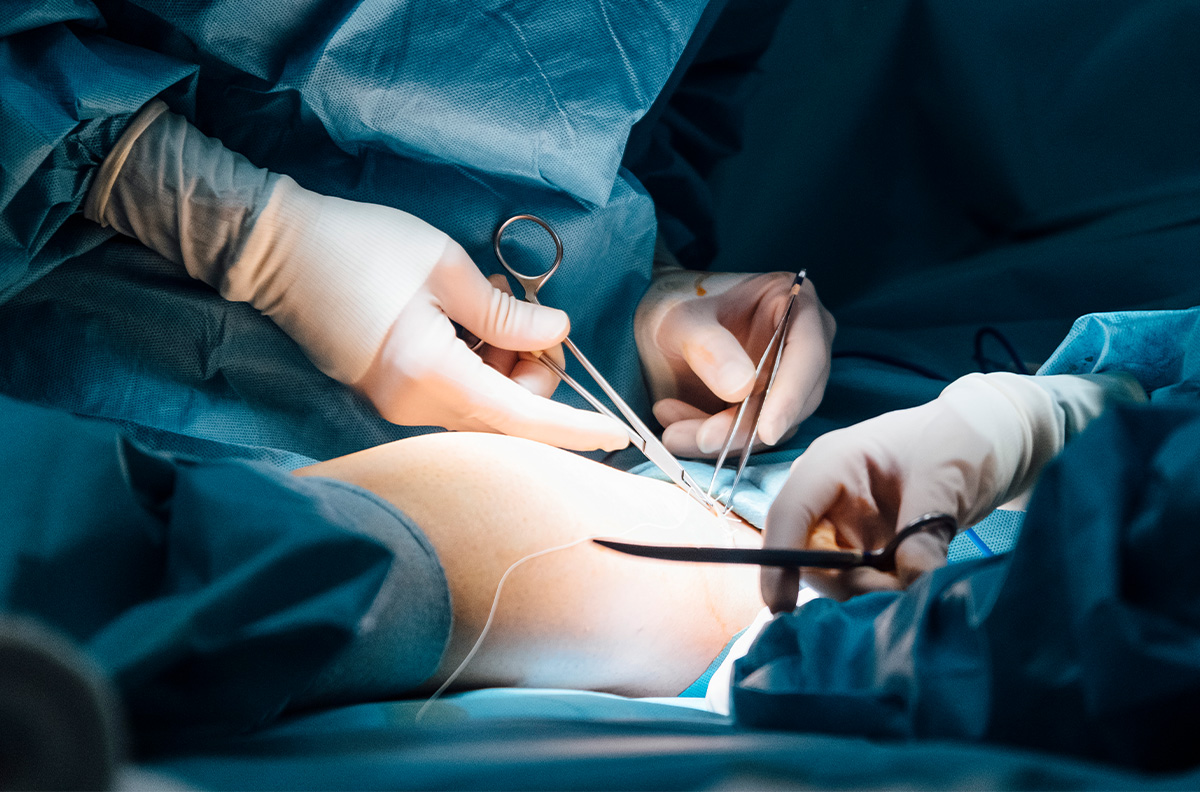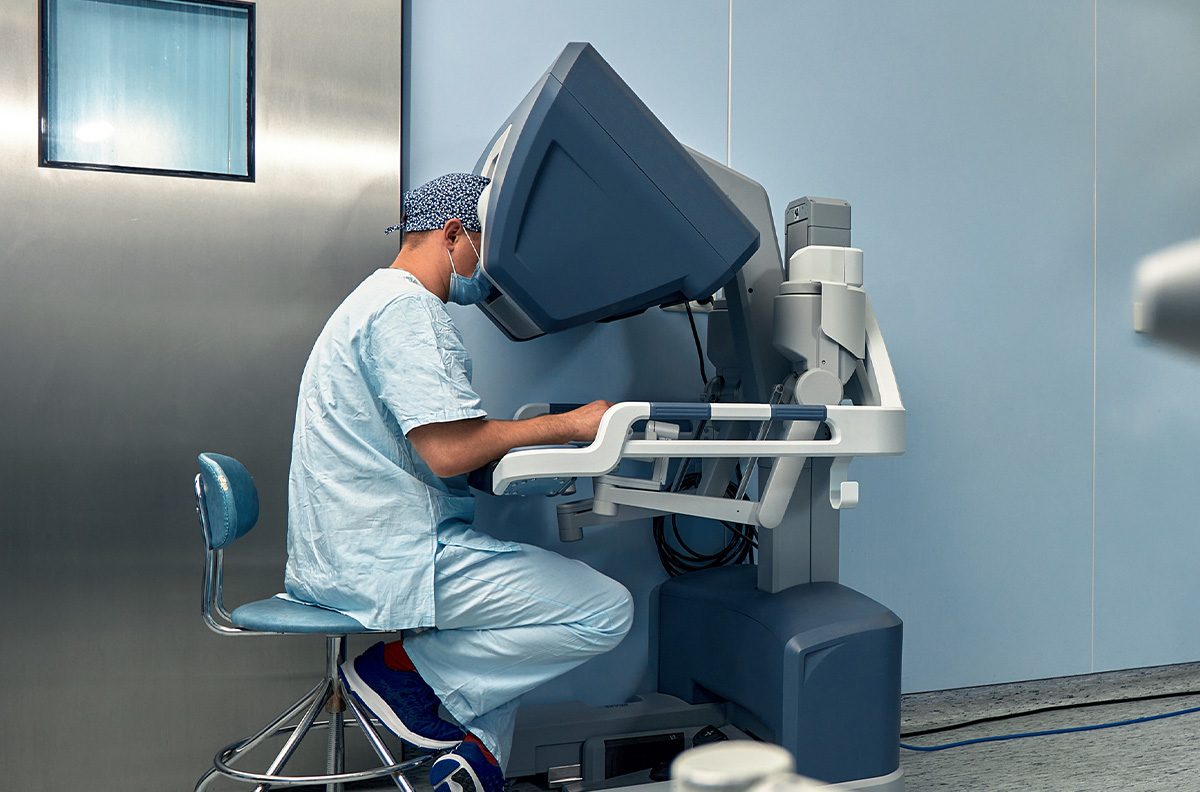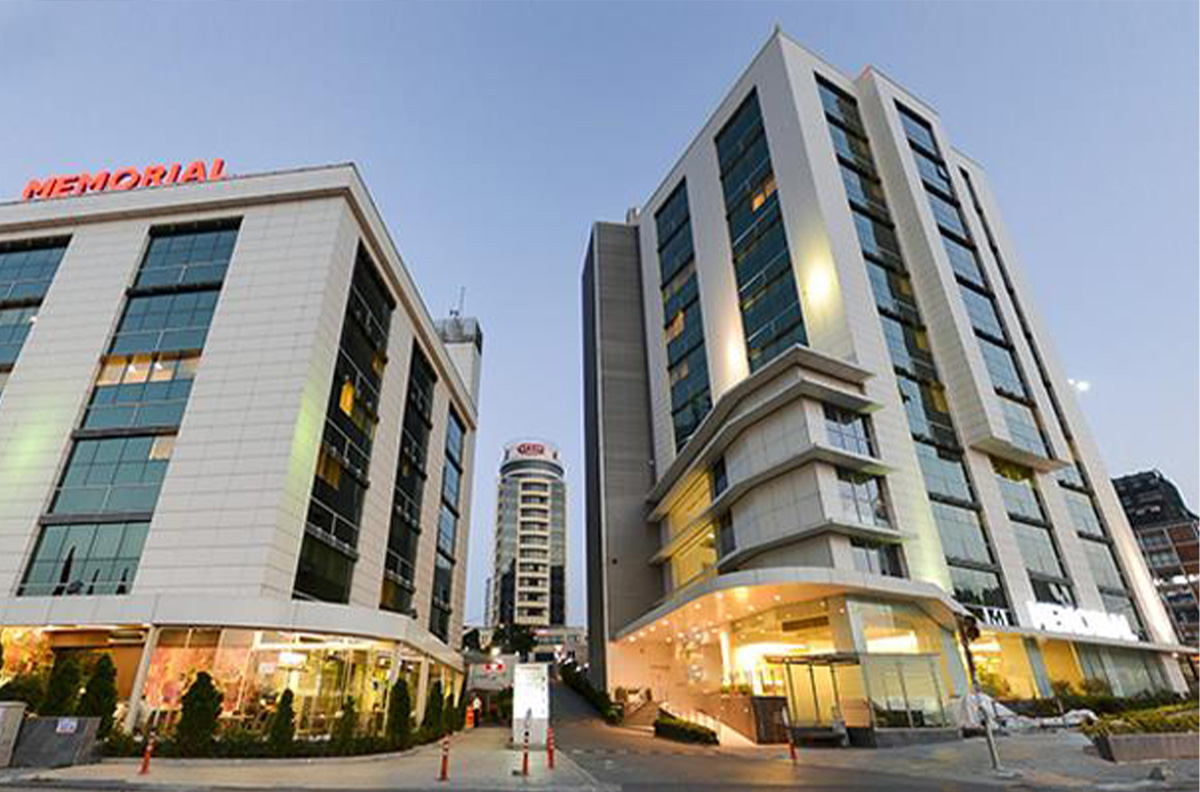Mini Gastric Bypass Surgery
Mini gastric bypass is a surgical method for obesity treatment, offering you the privilege of achieving a healthy weight.
Contents
Mini gastric bypass is one of the surgical options presented to individuals with weight issues. People who cannot lose sufficient weight through diet and exercise alone and thus experience related health issues can consider mini gastric bypass surgery. This procedure, also known as Roux-en-Y gastric bypass, requires both physician approval and fulfillment of specific conditions.
The surgery is performed using a laparoscopic approach, which involves reducing the stomach capacity and decreasing nutrient absorption. Mini gastric bypass is conducted by a specialized medical team and does not take many hours. Recovery is generally easier compared to similar operations, provided that the patient follows the doctor’s instructions and does not neglect follow-up appointments.
Certain pre-existing health problems in obesity patients can pose obstacles to undergoing the surgery. Additionally, conditions such as alcohol and substance dependencies may complicate the eligibility for surgery. After reviewing the patient’s medical history, the physician will decide if the surgery is advisable. Alternative methods may be recommended if necessary.
It is not possible to predict the exact amount of weight loss after the surgery, as it varies from patient to patient. However, it is often possible to resolve existing health issues post-operatively.
How is Mini Gastric Bypass Surgery Performed?
Those researching “What is mini gastric bypass?” are often curious about how the surgery is conducted. The patient is placed under general anesthesia, and laparoscopic techniques are utilized during the procedure. Initially, several small incisions, about 1 cm wide, are made. The stomach is then divided into two parts, with the upper part formed into a small tube. This tube stomach is much smaller than the normal stomach. The remainder of the stomach stays in the body, continuing to benefit from its secretions. This obesity surgery creates a connection between the small intestine and the tube stomach using a section of the middle part of the small intestine.
Patients experience weight loss due to the reduced stomach volume and decreased nutrient absorption, as well as hormonal adjustments facilitated by the operation. Food bypasses a significant portion of the small intestines, being redirected to the intestine connected to the tube stomach.
After mini gastric bypass surgery, patients feel satiated more easily, facilitating weight loss. The surgery also helps resolve issues like high blood pressure, cholesterol, and type 2 diabetes. Mini gastric bypass is reversible, which is why it is a popular choice. After the surgery, a special dietary plan is created, as with many other surgical obesity treatments.
Who Can Undergo Mini Gastric Bypass Surgery?
Patients who meet the necessary criteria can undergo obesity surgery. Mini gastric bypass is typically offered to individuals aged between 18 and 65, although there are exceptions. One requirement is a body mass index (BMI) of 35 or higher. Those with a BMI over 30 may also be eligible if they have obesity-related conditions.
This procedure can be considered as an alternative if other methods like gastric sleeve surgery have failed. Patients are expected to meet routine surgical and anesthesia conditions. Those who technically qualify can lose excess weight through the surgery.
Being psychologically ready to lose weight is also crucial. Patients must be committed to weight loss. There are mandatory rules to follow post-operation, which are vital for a healthy completion of the weight loss process. Prospective patients should consult their doctor to understand how the process will unfold, preparing themselves more effectively for the journey.
Individuals with hormonal disorders, cancer patients, and those planning a pregnancy soon cannot undergo the surgery. Some patients’ conditions may also make them unsuitable for anesthesia. A comprehensive examination and other tests by the doctor will determine the presence of any such issues.
What Are the Side Effects of Mini Gastric Bypass?
Some side effects can occur after mini gastric bypass surgery. Bile reflux is a common side effect, but necessary interventions by the physician can prevent this issue. After the operation, bile secretion continues via the small intestine connected to the small tube stomach.
Stomach ulcers may occasionally develop. Regular check-ups help diagnose ulcers at an early stage if they occur. Dumping syndrome can also happen post-surgery, typically resulting from carbohydrate consumption.
Nausea and vomiting are generally considered normal following obesity surgeries and usually resolve quickly. Short-term diarrhea is also possible. Excessive weight loss or failing to reach the desired weight loss level can occur. Side effects are minimized when the surgery is performed by an experienced doctor. Revision of the mini gastric bypass might be necessary depending on the patient’s complaints.
Side effects are rare, and patients usually continue their daily lives comfortably. The benefits of mini gastric bypass surgery generally outweigh the drawbacks. Patients move more easily and experience relief from health issues. Significant improvements in physical appearance also enhance psychological well-being.
Post-Operative Nutrition for Mini Gastric Bypass
The post-operative nutrition plan for mini gastric bypass initially recommends consuming liquids for the first few days. It is necessary to drink broth, sugar-free water, and milk. If there are no issues with liquids, the transition to pureed foods can begin. In this stage, you can consume finely ground meat, eggs, fish, and strained cheese. Care must be taken not to consume solid foods and liquids simultaneously after mini gastric bypass surgery. You should wait an hour after eating solid foods before switching to liquids.
The puree phase lasts for a few weeks. After the first month, the diet transitions to soft foods such as chopped meat, soft fruits, canned foods, and vegetables. Gradually, a normal diet should be resumed after eight weeks. However, the small tube stomach may struggle to digest certain normal foods. Foods that typically strain the stomach, like fried foods and carbonated drinks, should be avoided or consumed with caution post-surgery.
Three to four months after the operation, you transition to a normal diet. However, it is crucial to consume vitamin- and mineral-rich foods since malabsorption can lead to deficiencies, requiring lifelong supplements. Protein supplements might also be provided to prevent muscle loss.
The weight loss process begins after the surgery, with a goal of losing at least half of the excess weight in the first two years. Adherence to medical advice is crucial for weight loss success. Regular exercise is important to support weight loss, but heavy exercise should be avoided soon after the operation.







